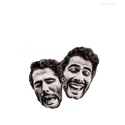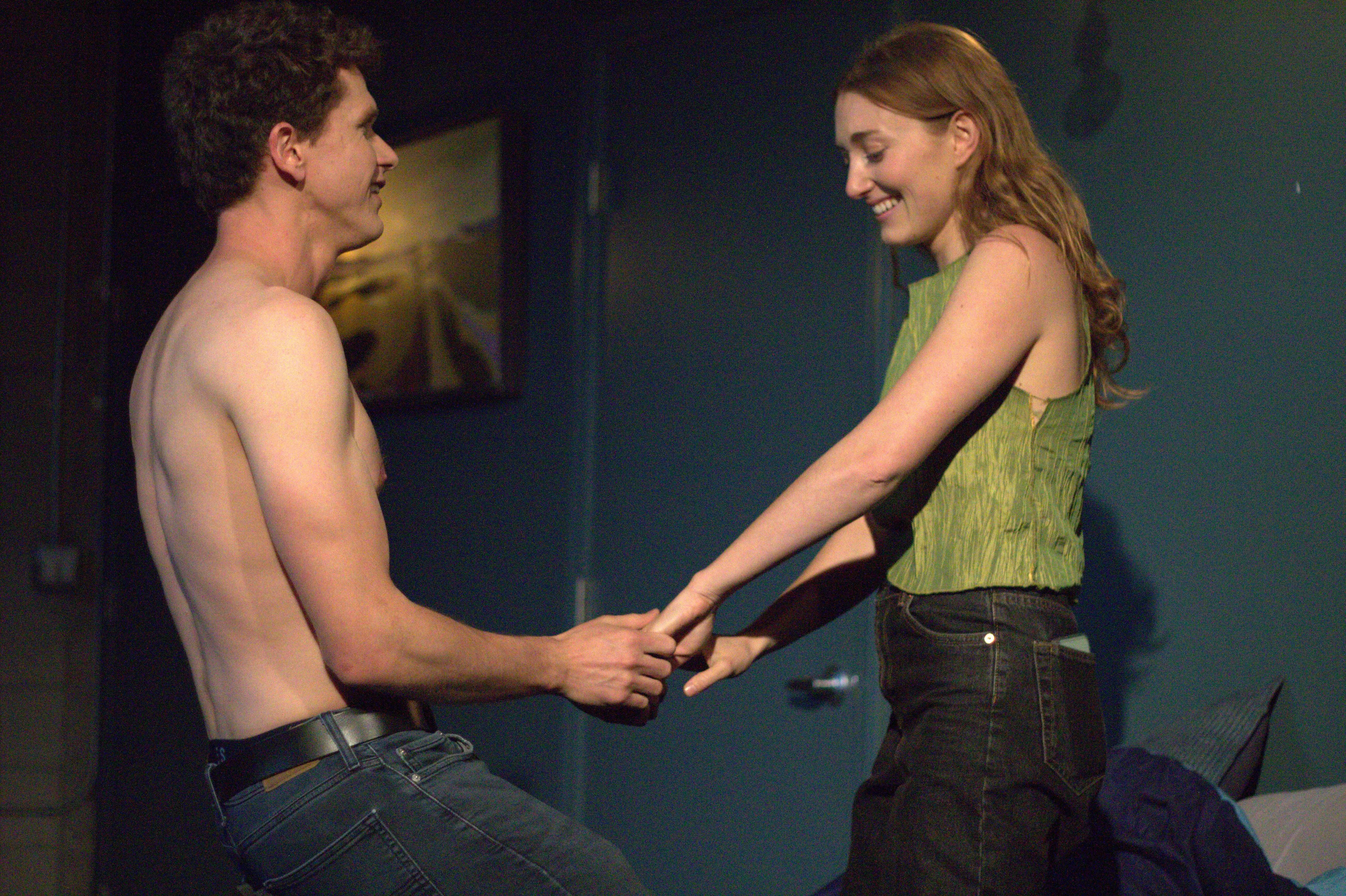Critic meets Omar Salas Zamora
Oliver and a special guest from the arts share their passion for acting and theatre through interviews, reviews, and games. Every episode features "Stage or Screen?" where they dissect a play-adapted movie to decide if it shines on screen or belongs on stage.
This week's guest is film director Omar Salas Zamora.
Introduction and Background
Oliver Boon introduces the podcast and welcomes Omar, a writer and director. Omar shares his early passion for writing, which began at the age of 16. He talks about his transition from theater to film, driven by his frustration with the limitations and rejections he faced in theater. Omar's first film was a rebellious project made with friends, utilizing sketches and short plays he had written.
Early Filmmaking Experience
Omarce describes his first filmmaking experience as a 16-year-old, repurposing his sketches into a film shot in various locations, including his backyard. The project was a success, screening to an audience of 70 people twice. This early experience was pivotal, even though the film was never intended for public release.
Professional Filmmaking Journey
At 19, Omar raised $15,000 to shoot a film in the woods, marking his first venture with a budget. Despite changes in comedy over the years, his early films have not been publicly released due to their outdated content. His more recent work aligns with his current vision and values.
"Happy Birthday, Duncan"
Oliver mentions Omar's film "Happy Birthday, Duncan," which he enjoyed. Omar explains that the film was a byproduct of another larger project. The film, inspired by John Cassavetes' "Faces," was initially an improvisational experiment. Omar wrote a screenplay based on the improvisation sessions, which the actors then performed. This method gave the film a natural, spontaneous feel.
Filmmaking Style and Philosophy
Omar emphasizes the importance of extensive rehearsals to ensure that by the time shooting begins, everyone is on the same page. He believes that the actual filming process should be focused on technical execution rather than acting direction. Omar's approach allows for efficient use of time and resources, crucial for low-budget filmmaking.
Current Project: "Hollow Bedrooms"
Oliver inquires about Omar's current project, "Hollow Bedrooms." Omar describes it as an anthology-like film with interconnected stories. The project, shot over several years, involved meticulous planning, casting, and rehearsals. The segmented approach allowed for detailed attention to each story and character, contributing to the film's depth and coherence.
Working with Actors
Omar discusses his approach to working with actors, stressing the importance of preparation and mutual understanding. Rehearsals are treated as drafts, refining the script and performances until everything feels authentic. He values collaboration and believes in giving actors the space to contribute creatively while maintaining a clear vision.
Theater Aspirations
Omar expresses a desire to direct a play, particularly works by Tennessee Williams. However, he acknowledges the challenges of translating Williams' work to a contemporary audience. He is also interested in other plays, such as "Fortune and Men's Eyes," which he finds compelling due to their thematic depth and relevance.
Advice for Aspiring Directors
In closing, Omar advises young directors to make connections, attend festivals, and actively engage with actors and filmmakers. Building relationships and being open to collaboration are key to success in the industry.


